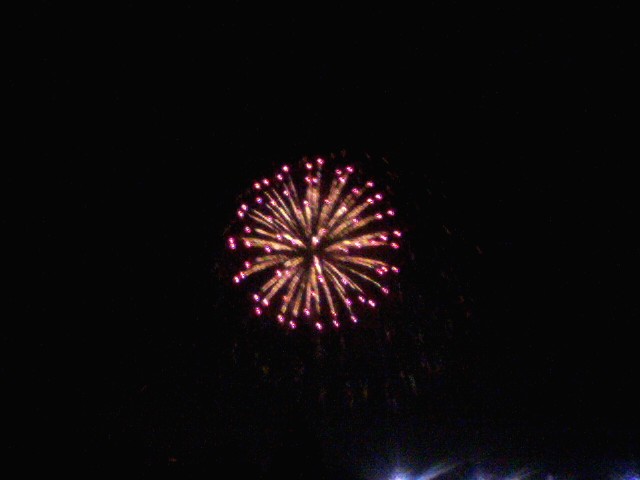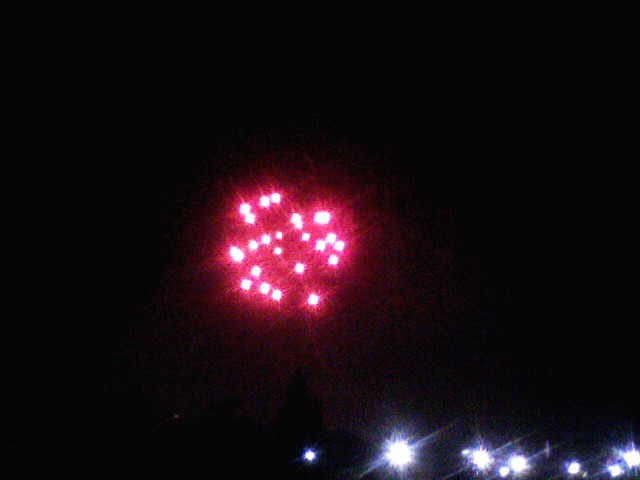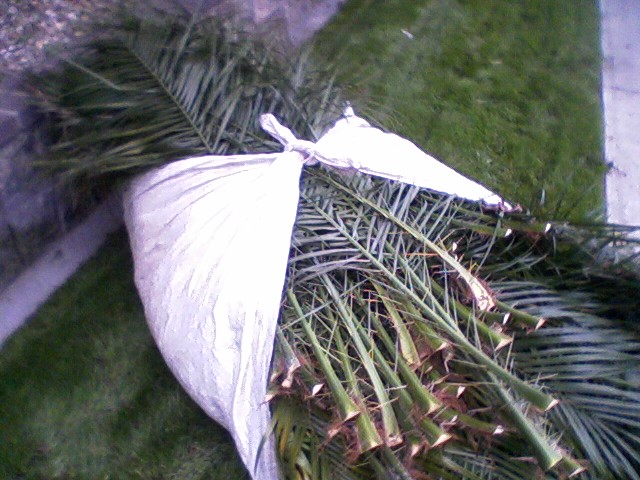Thursday, May 25, 2017
LEN ROBERTS: On the Tenth Anniversary of His Death
Born: March 13, 1947, Cohoes, NY
Died: May 25, 2007, Bethlehem, PA
“I admire very much the technical achievement in Len Roberts’s poetry. This will probably come as a surprise because one would normally identify technical skills with a different kind of poetry than his, a poetry more formal, more contrived, an stiff. This is missing the whole idea of what the technical is in poetry. It is that which applies pressure to the reader to pay attention. It is that which liberates, and makes terribly important, what the poet is saying. What Len Roberts says is terribly important, and beautiful, and moving and original. He will last!” — Gerald Stern, author of Lucky Life, winner of the Lamont Prize
Back when I did Momentum Press, I was often improvising when it came to the production of the book itself. Most of the books didn’t have anything on the back covers, and as I recounted in one of a half-dozen long interviews this past summer for the Oral History project at UCLA, this starkness was thought by one person to reflect the influence of Black Sparrow. John Martin’s books didn’t have any promotional material on the back covers of his books, and I remember someone asking me in the early 1980s if my books were designed in his manner.
As much as I admired Martin’s book production, I didn’t consciously copy that aspect. Rather, in my case, I simply didn’t have time to get the authors to round up commentary for the books. It was also the case that most of the writers I knew didn’t have the kind of connections or affiliations that would have enabled them to snag “blurbs.” In the case of Len Roberts, though his first book (Cohoes Theater) had a single blurb, by Gerald Stern, which leads off today’s blog entry. Subsequent books published by other presses had even more generous assessments, which I will post at the end of my notations.
Today is the 10th anniversary of the death of Len Roberts, a poet I never met in person. I imagine that most of the people who take a peek at this blog think of me as an editor and publisher of Los Angeles poets, but I aspired to be more than a local publisher. (If the economy hadn’t been sundered between 1978 and 1984 by a vicious case of inflation followed by devastating recession, perhaps I would survived as a small press publisher. But that’s another story.) In point of fact, not only did I publish books by poets who lived outside of California, but to this day I still have not met Jim Grabill, who was one of the first poets to have a book come out from Momentum Press. Jim lived in Ohio at the time; he moved to Oregon sometime in the early 1980s, I believe, and has lived there ever since.
I become familiar with Roberts’s poetry because he sent some to Jim Krusoe at Beyond Baroque for consideration in BB’s magazine, and on the rejection note Jim suggested that he send some poems to me at my magazine. Indeed, Len’s long lines and long poems immediately struck me as the kind of work I was looking for, and he ended up sending me a manuscript entitled “Cohoes Theater.” The title poem, “Cohoes” was a ten-page six part poem that probably seemed inordinately long to most editors in those early poems of McPoem’s hegemony, but “Cohoes” felt only slightly longer than normal to a young editor whose ambition it was to be the publisher of Leland Hickman’s “Tiresias.” Somewhere along the line, someone put out the story that Allen Ginsberg was responsible for sending me Len’s manuscript. I had very little contact with Ginsberg over the years, and he played no role whatsoever in my reception and support of Len’s poetry. According to his widow, Nancy, Len did spend several hours talking with Ginsberg, which is twenty times the amount of time I spent in conversation with him, and perhaps the blurb that Ginsberg eventually contributed to one of Len’s books somehow attached itself to someone’s misunderstanding of Ginsberg’s contribution to the first book publication of Len’s poetry. I am proud to recall that Cohoes was cited by the Elliston Prize committee as one of the better books published in 1980, joining the other books I published in 1980 as the highwater mark of my publishing career.
I recently wrote his widow, Nancy, and asked for permission to reprint a couple of his poems on this anniversary memorial post. There are at least two dozen poems that I would post if I had the time to type them up: from Sweet Ones (Milkweed Editions, 1988), for instance, I would love to present you with “The Block” or with the haunting poem, “The Odds”; or “Beauty and the Nuclear Reactor at Three Mile Island” from Cohoes Theater, or the magnificent love poem, “Wrapping”; but as my initial entry, I believe I will start with “Stealing,” from From the Dark.
STEALING
Last night I woke up the in the dark knowing
my father was with me,
like the night I stole down the cold hall stairs
to take change from his breadman’s purse,
the green work pants hung on the peg,
boots placed neatly under the chair,
and then, as I hushed the click inside my shirt,
his soft breathing as I looked up
to see the lit cigarette rising and falling.
I don’t wonder anymore
that he didn’t sleep nights
only to rise before light
to perk coffee, shave, whistling
with the low tunes of the radio.
I don’t need to call him back from peddling bread
to the three-foot drifts
to ask how he could forgive
that night gathering now in my chest,
or how he could make me take
the coins he placed gently into my hands,
and silently wave me away.
Len Roberts deserves a COLLECTED POEMS. He published over a half-dozen volumes of very, very fine poems, and his achievement can only be appreciated if one sits down and allows oneself to absorb a large number of his poems. If you are in a hurry to find someone you think you can imitate in some way because copying a “successful” poet will hope you achieve success, move on to some other poet with all due impetuous haste. Roberts may seem to be writing in a mode made familiar by other poets of his generation, but something indefinable is pressing down on his poems that makes them memorable beyond the power of memorization to contain. His poems demand an inner recitation on the bare stage of one’s soul. Only then will you as the reader realize that you have encountered a poet whose writing possesses the nuanced heft of a major novelist.
“Sometimes the facts of Len Roberts’s world are raw, nearly coarse, the questions that it asks of experience nearly brutal, but there is always in the poems a gentle sensibility, a probing intelligence and an acute attentiveness to what is urgent in our lives that tempers the poems, and that situates them firmly in that precious space between poet and reader which is our common bond, and common exaltation.” — C.K. Williams
“Sweet Ones is a fearless and beautiful book. I love its unwavering truthfulness and unwavering mercy – somehow the mercy always equal to the truth – its sweetness, and its subtle, powerful music. The intensity of emotion in these poems is stunning, yet they have a calmness which gives them the feeling of deep balance. When I read Len Roberts I feel my heart being broken and put back together stronger.” – Sharon Olds
“Discovering these new poems I was pleased – the compositions are readable and natural, real, American, they’re narrative epiphanies Pip’s asphalt accuracies, First Kiss’ lightning landscape, for instances, among many strong clear-minded poems. Marden Hartley’s Lewiston Is a Pleasant Place and your From the Dark are grounded in native humane & objective perceptions.” – Allen Ginsberg
“Len Roberts knows that indirectness of feeling is the poet’s (or anyone’s) greatest asset of: to love children one most fear the dark, etc. This is what makes ordinary things take on value without tricks of rhetoric. His poems are marvelous examples, simple, lucid, and powerful, and reading them gives me a continuous sense of the mythic process that not only enriches my understanding but entertains me vastly.” – Hayden Carruth



 About Bill Mohr
About Bill Mohr